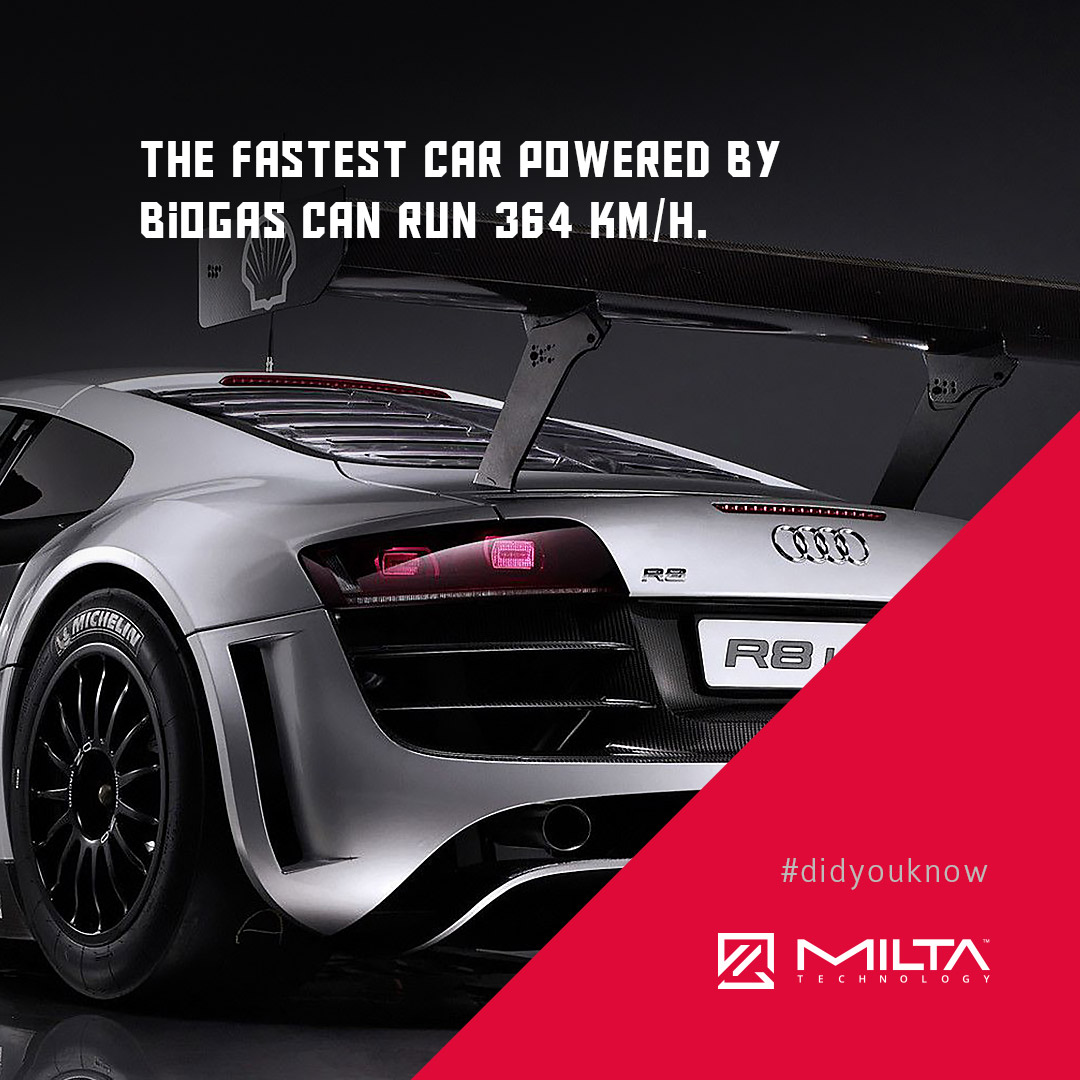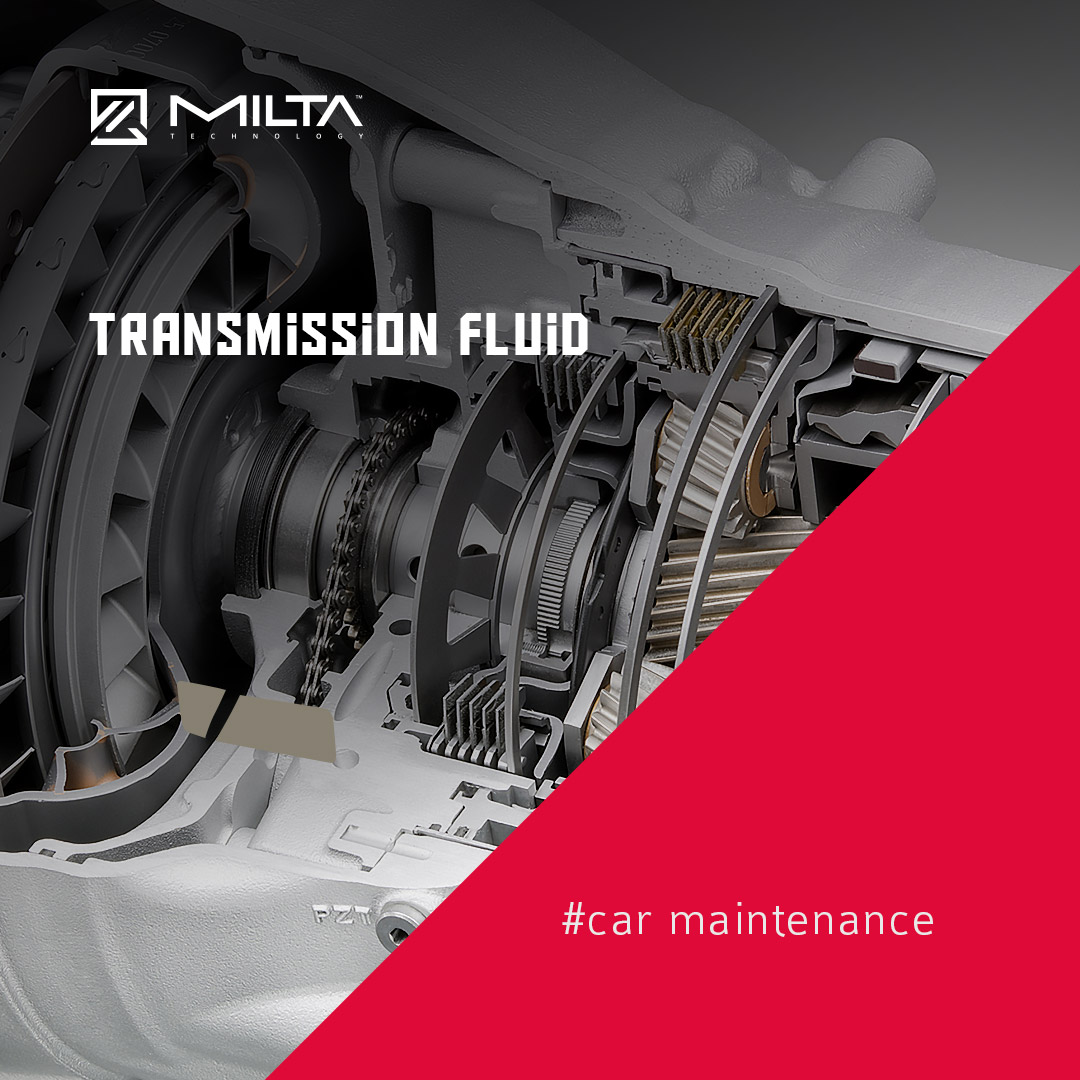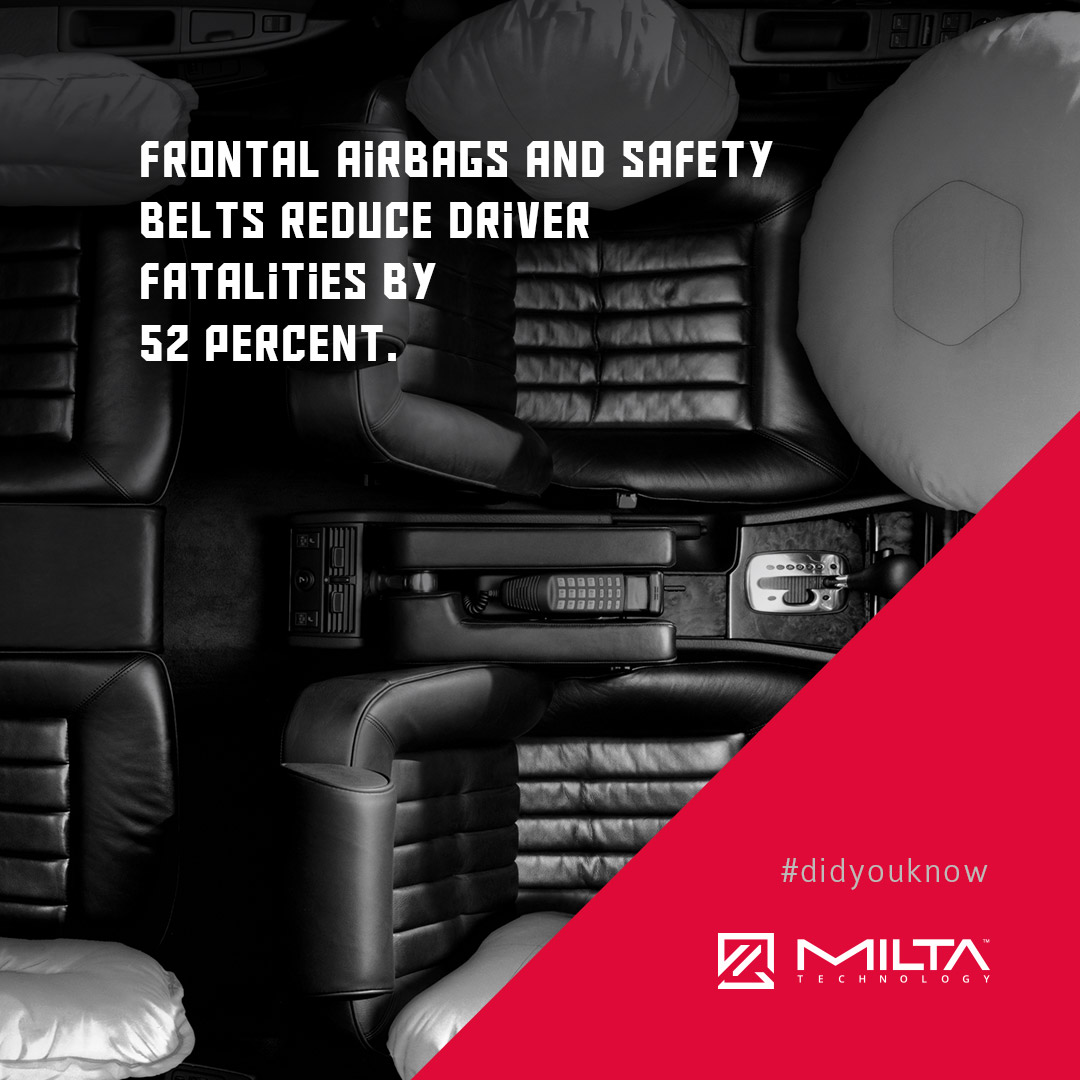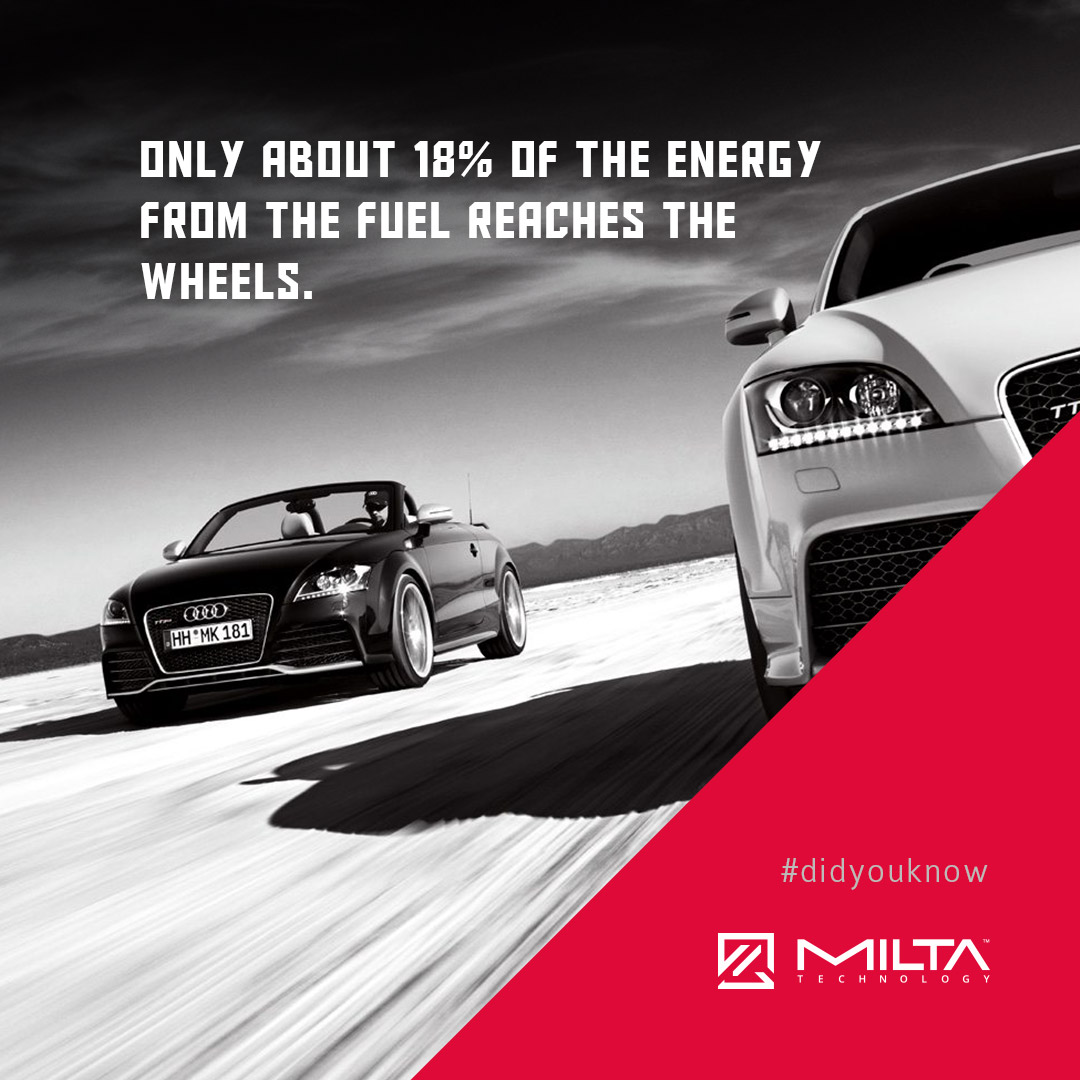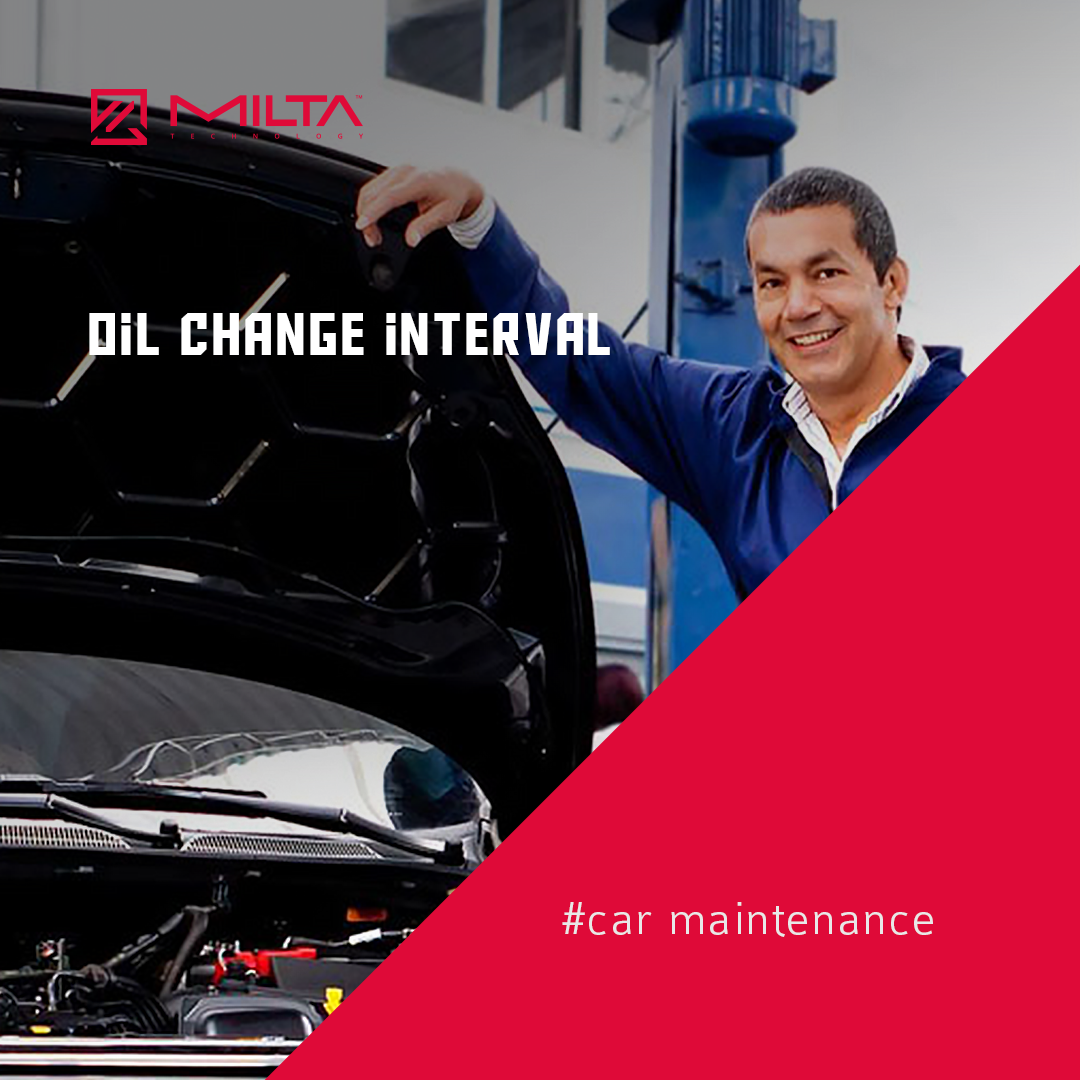If there are any objects in your car that are not necessary, you should leave them at home or somewhere else. It is not only impairing your fuel efficiency, but also may increase the risk of injury during an emergency braking or a car crash if it’s not properly secured. So have a look at […]
Category: Milta Technology News
Some people claim, that the old cars are safer due to their stiffness when compared to the new models. But the truth is, the deflection of the modern vehicles is there for a reason. And this reason is to dissipate the energy from a crash as far as possible from the cabin and to reduce […]
The record for the fastest car powered by biogas is 364.6 km/h (226.55 mph) and was achieved by driver Jürgen Hohenester at the ATP testing facilities in Papenburg, Germany, on 3 April 2009. The engine was modified from an originally fuel driven Audi A4 2.7 quattro to work with biogas only.
The transmission fluid is responsible not only for lubricating the gearbox, but also to cool it. Wear and tear of this liquid may change its parameters such as viscosity and consequently, lead to damage of other components. To make sure your gearbox works seamlessly, remember to have it replaced as often as advised by your […]
Did you know that frontal airbags reduce a risk of fatality during a car crash by 29 percent on average? The fatality reduction in frontal crashes is larger for belted drivers (52 percent) compared with unbelted drivers (21 percent).
If your car is not properly maintained it will both decrease the safety of your driving, as well as impair the fuel economy. For instance, having your car properly tuned can improve fuel mileage by up to 4%, properly inflating tires can help as much as 3% and using the correct oil is good for up […]
It may be of an interest for some of you, that the tank-to-wheel energy efficiency is 18% for the petrol and 22% for the diesel cars. All the rest is being used up by all the other components of your car and mostly lost as heat.
Some people claim that women are worse drivers and that they cause more accidents than men. However, the statistics say that it is actually the opposite – women tend to be safer drivers, and they generate fewer crashes than the opposite sex.
Did you know that Toyota Corolla is the most produced car in the world so far? There are already more than 40 million of these vehicles produced and it is still growing. Although there have been already eleventh generations of this model and the design has been evolving through many different looks, varying greatly from […]
Something as simple as finding an optimum schedule for changing your engine oil actually turns out not to be so easy to decide. Although some manufacturers advice to change the oil every 10,000 miles or even less frequently, you may want to have it replaced much more often, depending on individual circumstance. It all depends […]



